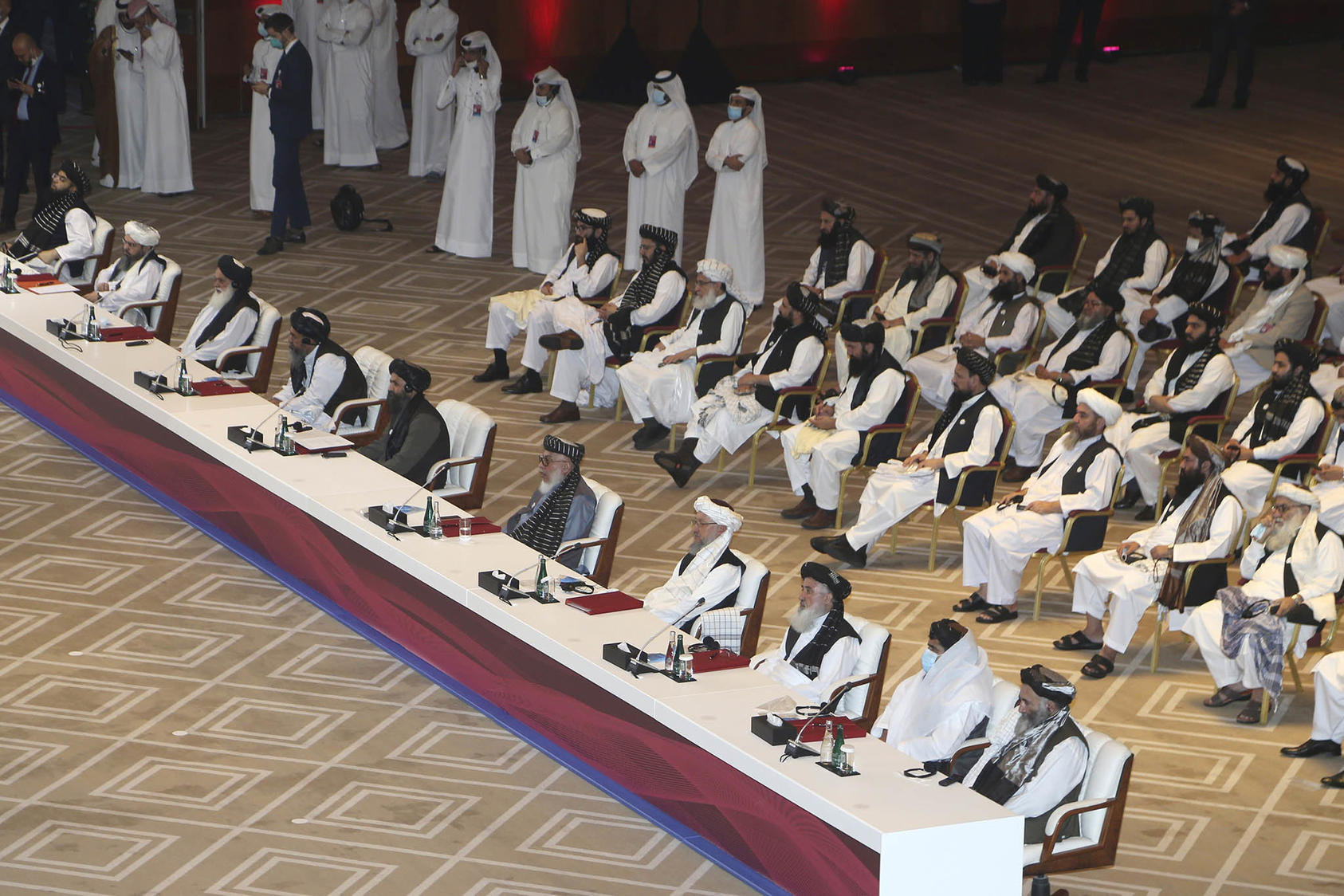Steve Brooking
Summary
 Peace efforts in Afghanistan from 2001 to 2021 required the willingness of three main parties to negotiate: the Taliban, the Government of the Islamic Republic of Afghanistan (“the Republic”), and the United States. But as political and military advantages shifted, each party’s perceived and relative interests differed over time, preventing the alignment that was necessary for a genuine peace process to take root.
Peace efforts in Afghanistan from 2001 to 2021 required the willingness of three main parties to negotiate: the Taliban, the Government of the Islamic Republic of Afghanistan (“the Republic”), and the United States. But as political and military advantages shifted, each party’s perceived and relative interests differed over time, preventing the alignment that was necessary for a genuine peace process to take root.In the early years of the war, with the Taliban on the run, the United States and its Afghan allies chose not to include the Taliban in discussions on the country’s political future or in the new Afghan government. While the United States prioritized military operations against terrorists over statebuilding, abusive warlords and corruption undermined the authority of the fledgling Republic. The US military surge in 2010 arguably led to the kind of mutually hurting stalemate that might have encouraged negotiation, but the US policy machine was slow to acknowledge that a negotiated settlement was likely needed to end the war. By the time the US view had changed, the Taliban could see a path to military victory unobstructed by the need for serious political negotiations with the Republic.
A decisive shift occurred in 2018, when the United States appointed a special envoy to negotiate with the Taliban and enable a withdrawal. But President Donald Trump’s clear intention to leave without any real conditions weakened the United States’ and Republic’s hands in negotiations. Moreover, the Republic leadership distrusted the envoy, was concerned chiefly about its own positions, underestimated US intentions to withdraw, and overestimated the Republic’s own strength—and consequently made no concessions that could advance talks.
The United States negotiated its own deal with the Taliban, excluding the Republic. But the decision to de-link the US-Taliban deal from results in an overall peace process precipitated the speed of the Taliban victory. So, too, did President Joe Biden’s announcement of a complete US military withdrawal by September 2021. By midsummer 2021, Taliban advances across the country demonstrated that victory was within their grasp. The option of a political settlement thus became moot, and in August 2021, as President Ashraf Ghani fled the country, the Taliban took full control.
Ultimately, the three parties, as well as Pakistan, put their own short-term interests above those of the Afghan people, eliminating hopes for a negotiated, inclusive, and durable peace in Afghanistan.
No comments:
Post a Comment